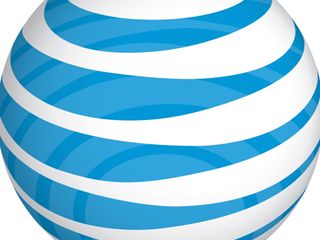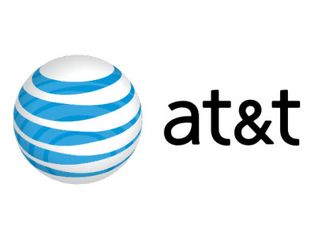AT&T / DirecTV Merger: Should You Care?
If you're currently a DirecTV or AT&T subscriber, the merger won't affect you much, and if you're not, it will barely affect you at all.


The news sounds ominous for consumers. On May 19, telecommunications giant AT&T and DirecTV announced their plans for a $48.5 billion merger. While investors and executives are likely celebrating, media megamergers often lead to decreased competition, worse service, anti-competitive behavior and higher prices for subscribers. On the other hand, the synergies between DirecTV's satellite business and AT&T's broadband service could theoretically lead to better packages. Should you be worried, excited or uninterested in AT&T's pending purchase?
Why is AT&T buying DirecTV?
"[The merger] looks like a head-scratcher," Eddie Hold, vice president of connected intelligence at research firm NPD Group, told Tom's Guide. Buying a satellite company when satellite TV is generally in decline may seem like a counterintuitive strategy, but Hold maintained that AT&T wanted DirecTV's know-how and subscriber base more than its tech.
MORE: Top 10 Online Streaming Video Services
"DirecTV has years of experience in getting content, getting the right content and getting a good deal," Hold said. Just as Verizon provides broadband Internet, cable TV and its own streaming-video service (Redbox), so too does AT&T want to offer Internet, TV and streaming video (U-verse).
Are there any benefits for consumers?
There may be some advantages for existing subscribers in seeing AT&T and DirecTV work together, since it will help bolster AT&T's video content and DirecTV customers' access to high-speed broadband. AT&T already offers a combination of TV, home phone and Internet service through its U-verse service, but the company does not serve some of the nation's largest markets, including New York. DirecTV serves many of these markets, but doesn't have high-speed Internet. The combined company could package some of its services with DirecTV subscriptions to offer current subscribers a better deal.
Is AT&T Now Competing with Netflix?
Although the idea of AT&T working hand in hand with a TV provider may seem like a threat to streaming online video, such as Netflix and Hulu Plus, the two fields are still quite distinct. "[Customers want] more streaming solutions and the same linear [cable or satellite] TV options you have today," Hold said. No customer wants to replace Netflix with traditional TV because Netflix is just too darned convenient. They want both services to work in tandem, and AT&T and DirecTV will be sensitive to that, or risk losing business.
Could AT&T Throttle Netflix to Protect DirecTV
If AT&T slows down Netflix, it will probably do so to earn extra money, rather than to protect its new satellite business. If the Federal Communications Commission can't make its new Net neutrality proposal work, AT&T could slow Netflix connections until the streaming service pays for preferential treatment, as it has done with Verizon and Comcast.
Sign up to get the BEST of Tom’s Guide direct to your inbox.
Upgrade your life with a daily dose of the biggest tech news, lifestyle hacks and our curated analysis. Be the first to know about cutting-edge gadgets and the hottest deals.
Follow Marshall Honorof @marshallhonorofand on Google+. Follow us @tomsguide, on Facebook and on Google+.
Marshall Honorof is a senior editor for Tom's Guide, overseeing the site's coverage of gaming hardware and software. He comes from a science writing background, having studied paleomammalogy, biological anthropology, and the history of science and technology. After hours, you can find him practicing taekwondo or doing deep dives on classic sci-fi.

